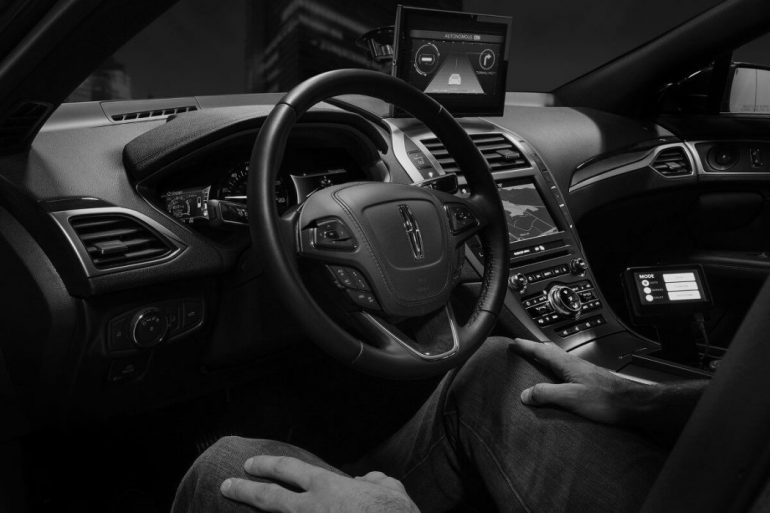BlackBerry is launching a certificate security system to help the development of smart cities and autonomous vehicles.
BlackBerry says Security Credential Management System (SCMS) has no service fees to automakers and public offices that are “involved in smart city and connected vehicle pilots.” It added that it will be “a service which provides the mechanism for vehicles and infrastructure, such as traffic lights, to exchange information in a trustworthy and private manner using digital certificates.”
In a December 10th, 2018 press briefing call, Mark Wilson, the Waterloo, Ont.-based company’s chief marketing officer, said the security system is based on its Certicom technology. It offers a secure and reliable hosted Public Key Infrastructure that can manage certificates for the whole company or project.
Jim Alfred, head of Certicom Product Group at BlackBerry, told reporters on the phone that the system will be offered to private pilot projects at no cost for a few years until there is sufficient government policy put in place.
The United States Department of Transportation (USDOT) has said that there needs to be a security system in place so that users are comfortable with the information that is sent and received between and among vehicles, roadway infrastructure, traffic management centres and wireless mobile devices.
Alfred noted that right now “the gap in the U.S. is the lack of a government policy,” while in Canada the government is looking at implementing a SCMS.
Alfred notes that it could “be a couple of years” before policymakers make decisions on who owns the system and who operates it. It will also take some time for logistics to be sorted out.
Which means that so long as pilot projects keep coming forward, the system will be free. However, when companies want to go full scale and want to launch the project then service charges can apply.
“They would be paying us to do the manufacturing, integration and beyond the connected vehicle product they would be paying us fees to manage certificates,” he said.
He said that while the USDOT does offer a type of security system for autonomous vehicles, what BlackBerry is “building a system for high-scale and it’s for [projects that are] in production.”
Alfred also added that most of the certificates will be rolled out in pilot projects coming out of Ottawa.
BlackBerry poured in nearly $100 million on an autonomous vehicle research centre in Ottawa in 2016, at which time it revealed BlackBerry’s QNX Autonomous Vehicle Innovation Centre.
It said at the time it was going to recruit local engineers to help accelerate the development of self-driving and connected vehicles. BlackBerry said it planned to do this by developing production-ready software both independently and in partnership with members of the public/private sector.
Since profitability from its handsets diminished, BlackBerry QNX has made a name for itself in the driverless space alongside giants like Apple, Google and Uber. Apple, in particular, has reportedly poached leading members of the BlackBerry QNX team to develop its own driverless car project, though little is known about the tech giant’s plans to enter the automotive industry.
Alfred did note that the new system is a certification system and completely different than Jarvis, a cybersecurity software that was unveiled earlier this year by BlackBerry.
Alfred explained that Jarvis is a software works with codes and scans and identifies vulnerabilities before delivering insights and suggestions on how to fix them.
“It’s completely different…[SCMS] is a custom PKI issuing custom certificates that will then be used to vehicle communications modules.”
Alfred highlighted that this system is engineered for pilot autonomous vehicle projects, but said that as the system grows it is the type of system that projects like Sidewalk Labs and Waterfront Toronto’s smart city Quayside project.
Sidewalk Labs has suggested that the smart city to be constructed in downtown Toronto would have many autonomous vehicles.
This article was originally published on MobileSyrup.


